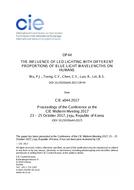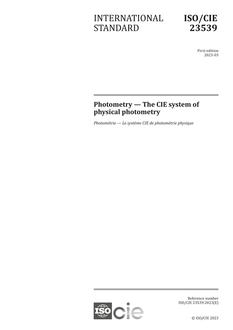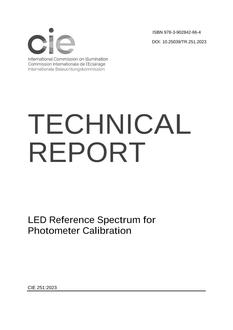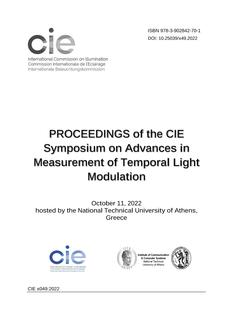
THE INFLUENCE OF LED LIGHTING WITH DIFFERENT PROPORTIONS OF BLUE-LIGHT WAVELENGTHS ON HUMANS (OP44, 314-317)
Click here to purchase
LED is generally used as the source of indoor lighting; however, the physiological effect of different blue-light wavelengths on humans is a primary issue. The physiological effect of working environments with different white-light LED lighting on humans is therefore proposed in this study to find out the indoor lighting for keeping high work efficiency and reducing visual fatigue. The experimental lighting conditions contain 2 colour temperatures (400K/6000K), 2 illuminations (400 lux/700 lux), and 3 dominant wavelengths of blue light (420nm/460nm/480nm). Reading and tasks are executed in the experimental process, in which the participants? brainwave, heart rate variability, blinking rate, and critical flicker fusion threshold are fully measured. The results show little influence on visual fatigue under the white-light LED source with low colour temperature and 460nm blue-light wavelength. Nevertheless, the LED source with high illumination, high colour temperature, and 420nm blue-light wavelength presents better effects on the promotion of concentration.
Product Details
- Published:
- 10/23/2017
- Number of Pages:
- 5
- File Size:
- 1 file , 950 KB


